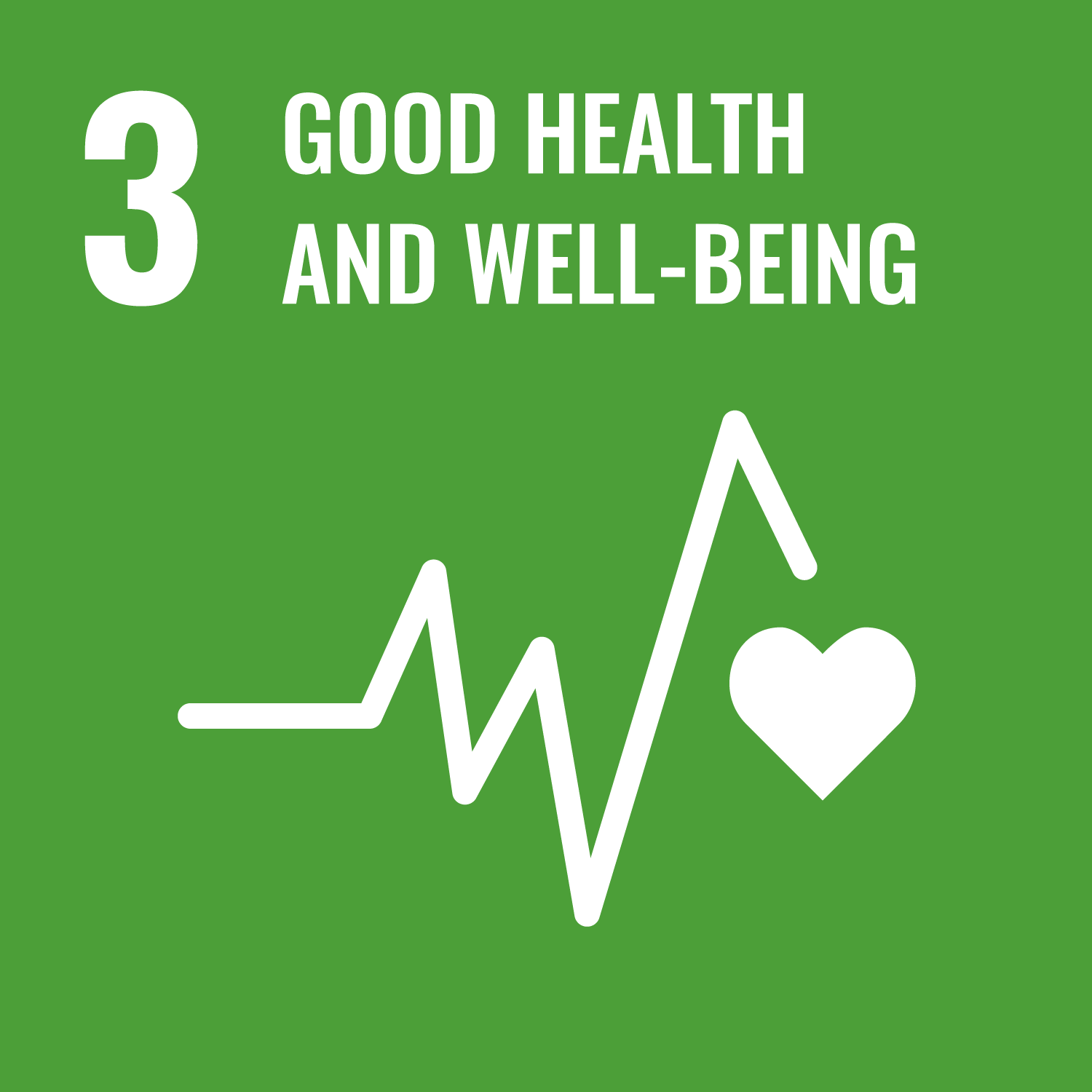ICRC Programme for Humanitarian Impact Investment (PHII)
Aligned SDGs

- ICRC Programme for Humanitarian Impact Investment (PHII)
- General overview
- Location
- Involved organisations
- Outcome metrics
- SyROCCo reports
- Other resources
- Spreadsheet of data
- ICRC Programme for Humanitarian Impact Investment (PHII)
- General overview
- Location
- Involved organisations
- Outcome metrics
- SyROCCo reports
- Other resources
- Spreadsheet of data
General overview
Stage of development: Implementation
Policy sector: Health
Date outcomes contract signed: Jul 2017
Start date of service provision: Jul 2017
Capital raised (minimum): USD 19.70m
Max potential outcome payment: CHF 26.09m
WB exchange rate for 2017: 1 USD = 0.98 CHF
Service users: 3k+ individuals
Intervention
The intervention seeks to expand and improve efficiency of physical rehabilitation services, ensuring high quality and well-targeted services
are provided. It does this through implementing the Physical Rehabilitation Program (PRP). The intervention includes: three new Physical Rehabilitation Program centres in Mali (Mopti), Nigeria (Maiduguri) and the Democratic Republic of Congo (Kinshasa), as well as provision of training for local staff to deliver high quality physical rehabilitation services in these centers. The intervention also seeks to pilot and rigorously assess pilot efficiency improvement measures across eight existing ICRC physical rehabilitation centers with the aim of improving efficiency and maintaining patient outcomes, while also operationalising the three new centers using improved operational protocols that are based on effective efficiency measures.
Target population
Individuals with physical disabilities in living in Mali, Nigeria, and the Democratic Republic of Congo, who are victims of war, natural disasters, congenital impairments or disabling diseases such as polio.
Location
Country
- Mali
- Nigeria
- Congo, The Democratic Republic of the
Service delivery locations
- Maiduguri, Nigeria
- Kinshasa, Democratic Republic of Congo
- Mopti, Mali
Involved organisations
Outcome metrics
- Opening of new physical rehabilitation centres. Three physical rehabilitation centres open for operation by July 2020. Service provider data.
- Staff efficiency ratio. Number of patients (re)gaining mobility following the fitting of a mobility device divided by the number of staff working in the rehabilitation center compared to baseline average from sample of comparable existing centres in 2nd year of operations. Service provider data.
Powered by SyROCCo SyROCCo reports
The following articles are taken from the Systematic Review of Outcomes Contracts Collaboration (SyROCCo) Machine Learning tool.
The tool is a collaboration between the Government Outcomes Lab and machine learning experts from the University of Warwick, that allows you to navigate and explore data extracted from nearly 2000 academic and grey literature publications related to outcomes-based contracting.
Other resources
Spreadsheet of data
Important Notice and Disclaimer on INDIGO Data
INDIGO data are shared for research and policy analysis purposes. INDIGO data can be used to support a range of insights, for example, to understand the social outcomes that projects aim to improve, the network of organisations across projects, trends, scales, timelines and summary information. The collaborative system by which we collect, process, and share data is designed to advance data-sharing norms, harmonise data definitions and improve data use. These data are NOT shared for auditing, investment, or legal purposes. Please independently verify any data that you might use in decision making. We provide no guarantees or assurances as to the quality of these data. Data may be inaccurate, incomplete, inconsistent, and/or not current for various reasons: INDIGO is a collaborative and iterative initiative that mostly relies on projects all over the world volunteering to share their data. We have a system for processing information and try to attribute data to named sources, but we do not audit, cross-check, or verify all information provided to us. It takes time and resources to share data, which may not have been included in a project’s budget. Many of the projects are ongoing and timely updates may not be available. Different people may have different interpretations of data items and definitions. Even when data are high quality, interpretation or generalisation to different contexts may not be possible and/or requires additional information and/or expertise. Help us improve our data quality: email us at indigo@bsg.ox.ac.uk if you have data on new projects, changes or performance updates on current projects, clarifications or corrections on our data, and/or confidentiality or sensitivity notices. Please also give input via the INDIGO Data Definitions Improvement Tool and INDIGO Feedback Questionnaire.